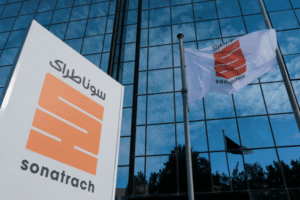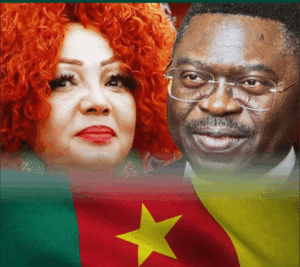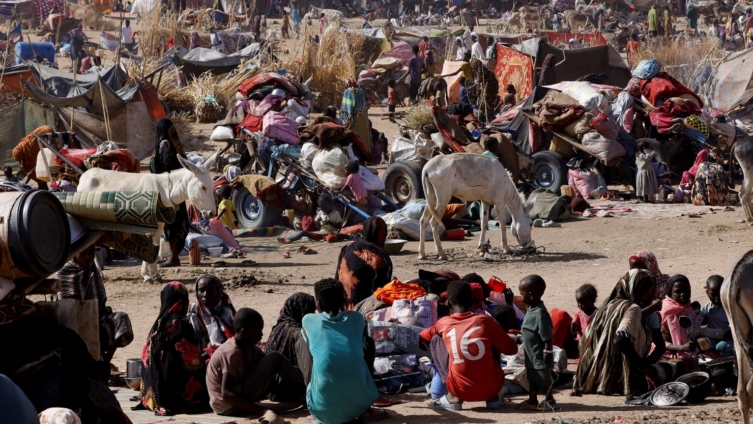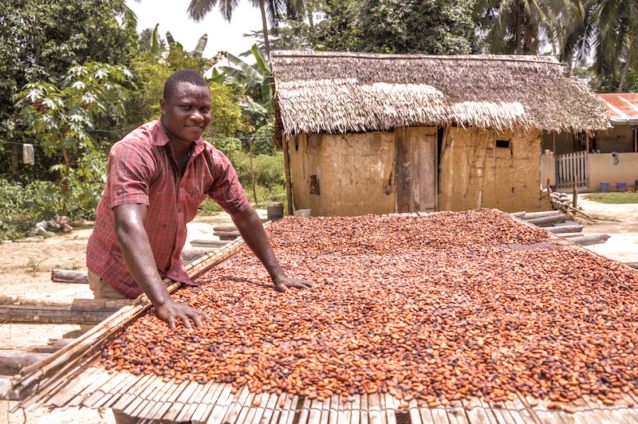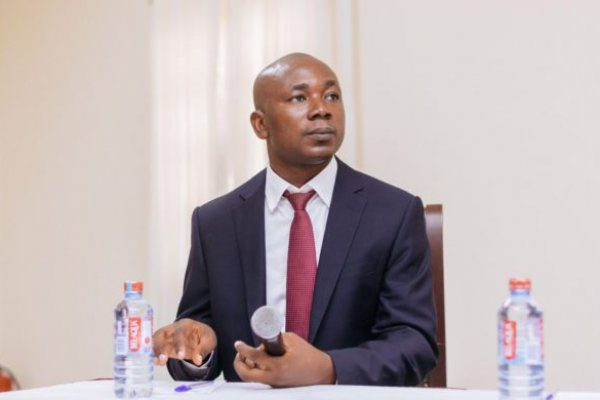A routine cannabis-related traffic stop in Mississauga has led to the seizure of a loaded Beretta handgun and the arrest of four young men, including a Ghanaian national, on August 30.
Officers from the Strategic and Tactical Enforcement Policing (STEP) unit stopped a vehicle near Mid Way Boulevard and Davand Drive for suspected violations of Canada’s Cannabis Control Act.
A subsequent search uncovered a loaded, illegal Beretta firearm hidden inside the vehicle.
According to a statement from Peel Regional Police, those arrested were identified as Rashad Inoussa, 23, of Toronto; Eric Obeng, 22, of Toronto; Peter Golding, 27, of Mississauga; and Ryan Osai, 24, of Tottenham.
All four suspects remain in custody pending a bail hearing.
They face multiple Criminal Code charges, including unauthorised possession of a firearm, knowledge of unauthorised possession of a firearm, and possession of a loaded prohibited or restricted firearm.
Additional charges include careless storage of a firearm or ammunition, possession of a prohibited device or ammunition, and being the occupant of a vehicle with knowledge of unauthorised firearm possession.
They also face charges for possession of cannabis in a motor vehicle, where it was readily available.
Police noted that Ryan Osai, already under a court order prohibiting him from owning firearms due to prior offences, has been slapped with an additional charge of possession of a firearm contrary to order.
The firearm has been seized as evidence, and investigators say inquiries are ongoing and may extend to other jurisdictions.
Authorities warn that the case highlights the ongoing dangers posed by illegal firearms and youth involvement in violent crime across Ontario.
Community leaders and law enforcement officials have repeatedly raised concerns about the links between cannabis misuse, organised crime, and gun violence among young adults, particularly within immigrant communities such as the Ghanaian diaspora in the Greater Toronto Area.







